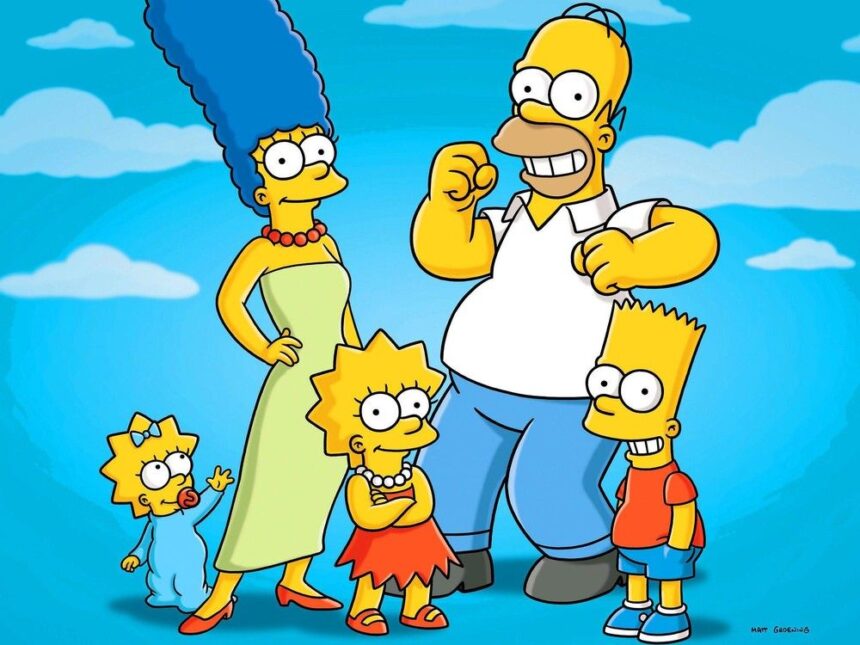A cultural battle is brewing in Quebec as fans of “The Simpsons” mobilize to preserve the distinctive French Canadian dubbing that has defined the show for local audiences for over three decades. More than 22,000 Quebecers have signed a petition urging Disney to maintain the province’s unique French dub after the entertainment giant announced plans to standardize all French versions of the iconic animated series.
The controversy erupted when Disney, which acquired the rights to “The Simpsons” through its purchase of 20th Century Fox in 2019, revealed its intention to discontinue Quebec’s localized French version. Instead, the company plans to use a single European French dub across all French-speaking markets worldwide.
“This isn’t simply about a cartoon – it’s about preserving our cultural identity,” explains Catherine Éthier, a Quebec media personality who has emerged as one of the movement’s vocal supporters. “The Quebec French dub of ‘The Simpsons’ represents over 30 years of our linguistic heritage and humor adapted specifically for our audience.”
The Quebec version of “The Simpsons,” which premiered in 1990, features distinctive voice actors and culturally specific references that resonate with the province’s audience. Voice actors Hubert Gagnon (who portrayed Homer Simpson until his death in 2020) and Johanne Léveillé (Marge Simpson) became beloved cultural figures in Quebec through their performances.
Disney’s decision appears driven by cost-efficiency measures – maintaining a single French dub is less expensive than producing multiple regional versions. However, critics argue this corporate streamlining ignores the cultural significance of localized content.
“What Disney fails to understand is that the Quebec dub isn’t just a translation – it’s an adaptation that incorporates our unique expressions, cultural references, and humor,” notes Marc Labrèche, a prominent Quebec actor and comedian. “The European French version simply doesn’t connect with our audiences in the same way.”
The petition, launched on Change.org, has gained significant traction on social media, with many Quebec celebrities and politicians joining the cause. The provincial Culture Minister has even suggested the possibility of government intervention to protect this aspect of Quebec’s cultural landscape.
Quebec has historically been vigilant about preserving its distinct French language and culture within predominantly English-speaking North America. The province maintains strict language laws and cultural protections, and many see Disney’s decision as part of a broader threat of linguistic homogenization.
Media analysts note that this controversy illustrates the tension between global entertainment conglomerates and local cultural considerations. “Large corporations like Disney often prioritize operational efficiency over cultural nuance,” explains communications professor Claire Deschamps from Université de Montréal. “But what they may see as a minor cost-cutting measure can represent a significant cultural loss for specific communities.”
Disney has yet to respond substantively to the petition, though sources within the company indicate the decision is currently being reviewed. Industry experts suggest that the unexpectedly strong public reaction might force the entertainment giant to reconsider its approach to localized content.
As this cultural standoff continues, one question remains particularly poignant: In an increasingly globalized media landscape, who should determine the balance between corporate efficiency and the preservation of distinct regional cultural expressions?










